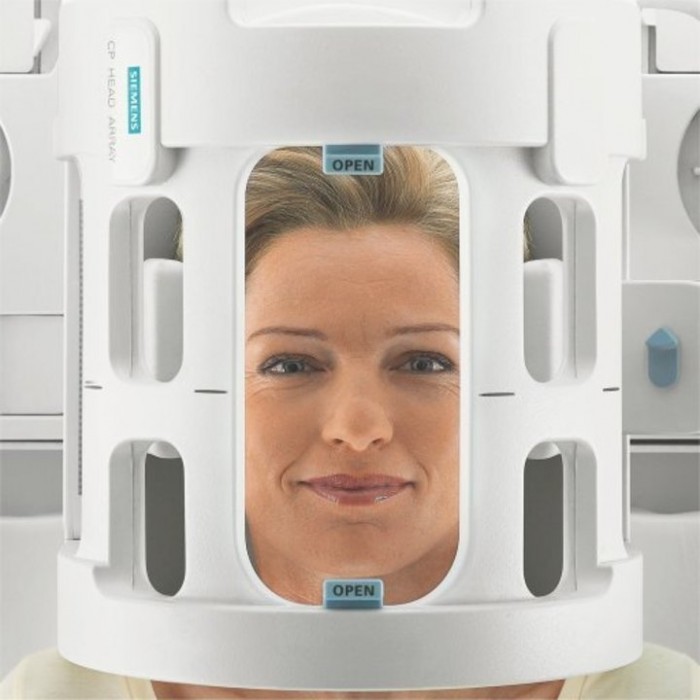
Magnetic resonance spectroscopy (MRS) is also referred to as in vivo (in the living organism) magnetic resonance spectroscopy.
MRS is a non-invasive procedure used to assess chemical abnormalities in body tissues, such as the brain.
MRS allows doctors to obtain biochemical information about the tissues of the human body in a non-invasive way (without the need for a biopsy).
An MRI can be tuned just like a radio receiver, to pick up signals from different nuclei within the body. The most common nuclei are hydrogen protons, phosphorus, carbon, sodium and fluorine.
When an MRS technique is used, the radiologist can look at a spectrum of nuclei. Each has a different peak in the spectrum along the x-axis. This will aid in the diagnosis of different diseases.
MRS is more accurate in a high field magnetic field, and requires specialized software and highly skilled technologist under the supervision of a radiologist.